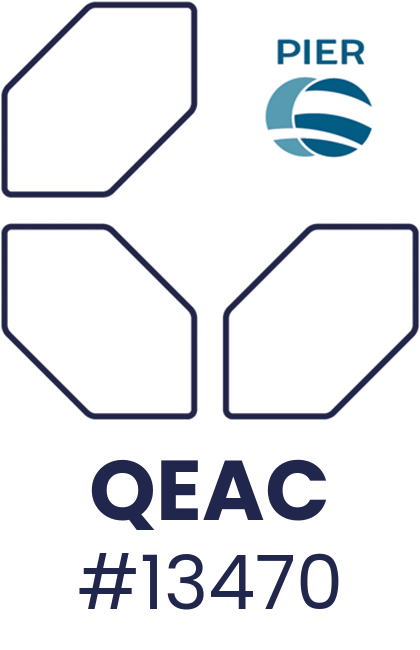New Zealand has long been a popular destination for international students, offering high-quality education and a welcoming environment. Now, the country is further enhancing its appeal with an exciting new policy change. Immigration New Zealand has expanded work rights for the dependents of certain international students, providing more opportunities for skilled migration and making it easier for families to settle and thrive in the country.
New Visa Eligibility for Partners
Under the new policy, dependents of students pursuing specific qualifications can now apply for a Partner of Student Work Visa. This visa grants open work rights to partners whose spouses or partners are studying for a degree that leads to a qualification in high-demand employment sectors. Specifically, this applies to those enrolled in Level 7 or 8 bachelor’s or bachelor’s (honours) degrees that are directly linked to professional registration for a role on New Zealand’s Green List.
The Green List comprises occupations that New Zealand has identified as being critical for the country’s economic growth, particularly in sectors such as healthcare, engineering, and STEM (Science, Technology, Engineering, and Mathematics).
Green List and High-Demand Occupations
The Green List is central to this policy, as it identifies jobs that are currently in high demand in New Zealand. These occupations span across industries and include roles where professional registration is required. They also offer pathways to residency, with Tier 1 jobs leading to a Straight to Residence Visa and Tier 2 roles leading to a Work to Residence Visa.
High-demand sectors such as healthcare, engineering, and IT are key to New Zealand’s long-term development. By offering open work rights to partners, the government aims to attract skilled professionals and families to contribute to the country’s economy while supporting international students.
Benefits for Families
The new visa eligibility policy doesn’t just benefit partners—it extends to families as well. Partners who qualify for the Partner of Student Work Visa can bring their school-aged children, who will be treated as domestic students. This means they can apply for a Dependent Child Student Visa, exempting them from paying international tuition fees, significantly lowering the cost of education for families.
Boosting International Enrollment
This policy change comes at a critical time for New Zealand’s international education sector. Recent data shows that in 2023, the country saw a strong recovery in international student numbers, with 69,135 foreign students enrolled—an increase of 67% compared to 2022. Although these numbers represent 60% of the pre-pandemic levels seen in 2019, the expansion of work visa rights for dependents is expected to accelerate the sector’s recovery.
Educational institutions across New Zealand, including universities, vocational training centres, and language institutes, are expected to see an increase in applications as a result of these changes.
Enhancing New Zealand’s Appeal
By expanding work visa eligibility for the partners of foreign students, New Zealand is positioning itself as an even more attractive destination for international students. The ability for partners to work while their spouse or partner studies, coupled with reduced education costs for children, adds to the country’s reputation as a family-friendly study destination.
This move demonstrates New Zealand’s commitment to supporting international students and their families, reinforcing its status as a global leader in education and skilled migration.
Conclusion
New Zealand’s new visa eligibility expansion represents a significant step forward in attracting international talent and skilled migrants. By easing work restrictions for the dependents of foreign students, the country is providing greater opportunities for both students and their families to live, work, and study in New Zealand. As the international education sector continues to recover, this policy is expected to play a crucial role in driving growth and securing New Zealand’s position as a top study destination worldwide.







